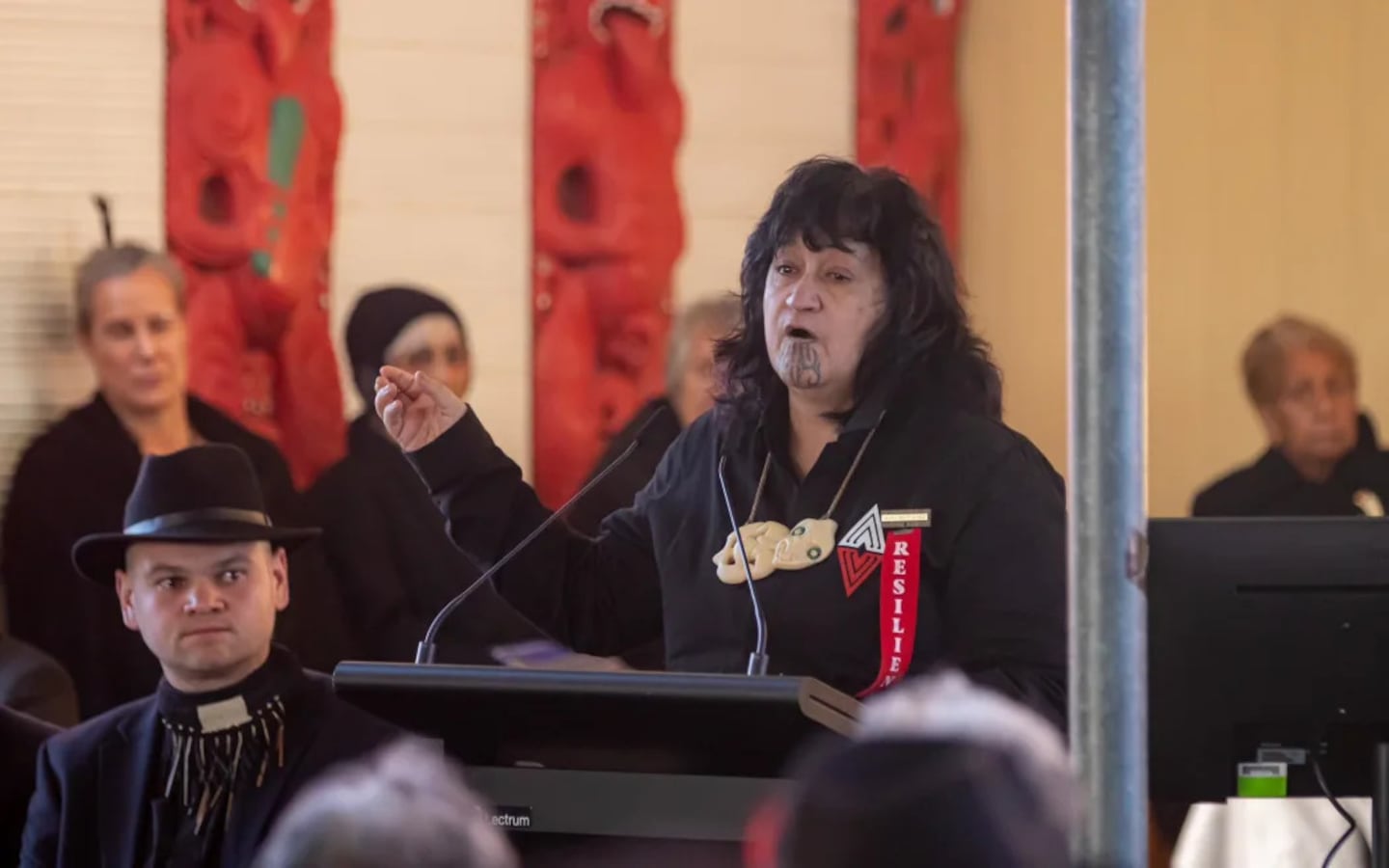This article was first published on RNZ.
A Treaty lawyer says today’s Supreme Court judgement on Māori coastal rights could set a precedent for more Māori customary rights claims over riverbeds.
The court found riverbeds deemed to be part of the marine area, such as river mouths, can be included in Māori customary marine title orders, if other legal tests are meet.
Ngāti Ira a hapū of eastern Bay of Plenty iwi Te Whakatōhea are celebrating the decision. The Supreme Court upheld that their customary title claim can extend to the mouths of the Waiōweka and Ōtara rivers near Ōpōtiki.
Te Ringahuia Hata was the customary title applicant for Ngāti Ira and Ngāti Patu. She said it’s been eight years since the hapū first filed in the High Court.
“The timing also couldn’t be any better for us, with what we’re seeing coming out of this government and the announcement that the coalition government wants to remove section 58 of the MACA Act by October."
Hata said for all six hapū who whakapapa to both of those rivers, it’s a significant decision that validates their tino rangatiratanga to exercise their rights over the riverbed.
“To have this decision all the way from the Supreme Court is just an absolute landslide win for us, and what it means to other iwi and other hapū in the motu, this is going to set a precedent. So, we’re really excited for them as well, coming up behind us with their decisions.”
The Supreme Court judgement extends well beyond the Waiōweka River, resolving seven other issues on the seven separate appeals, including overlapping marine title claims over Whakaari/White Island and the Ōhiwa Harbour.
Lawyer Annette Sykes was the main counsel for Ngāti Ira and Ngāti Ruatākenga. The hapū feel very privileged that this decision has come out in their favour, she said.
Crown Policies often favour iwi over hapū but this decision recognises that in the tikanga of Te Whakatōhea, the political, cultural and economic authority is vested in those hapū, she said.
“It’s a challenge to the Crown’s policy that, you know, we need a blanket over everything, but it’s also an affirmation that there is this sense of interdependence, of kotahitanga, that works between them.”
Sykes said the Supreme Court’s decision sets a precedent for other iwi hapū looking to exercise their rights over riverbeds and clarifies something of a grey area in the law.
But she said the hapū want to share the bounty of the relationships to the moana.
“One thing I want to say is the scaremongering that is going on should be put to one side. There is one of the most beautiful parts of the evidence from Te Whakatōhea elders, from their tohunga, was that they want to coexist with people they invite into their territories,” she said.
“The Waiōweka River is something that’s very precious to us. It’s where we were located after the raupatu (confiscation), because we were starved of our lands after the battle at Te Tarata, and they have agreed that we can now assert ownership rights at the river mouth, the Wahapū, into the Ōpōtiki Harbour from the Waiōweka and Ōtara Rivers,” she said.
In a statement Justice Minister Paul Goldsmith said he would be discussing the judgement with officials.
By Pokere Paewai of RNZ.


